Some depression simply can’t be missed, the sort that traps sufferers in a sucking hole of sadness so deep that they don’t believe it’s possible to escape.
Depression in this context is typified by feelings of sadness and emptiness, low energy and excessive sleep, and waves of irritability and anxiety.
High-functioning depression, on the other hand, often flies under the radar as sufferers may look like they are holding it together, even excelling at life.
Underneath, though, people with high-functioning depression are hurting, too. If you suspect you or a loved one might be depressed, even though friends and family would never guess it, please explore our list of depression symptoms that are often ignored.
There is help out there!
Click Start Slideshow under the picture to continue reading.

11. Difficulty experiencing joy
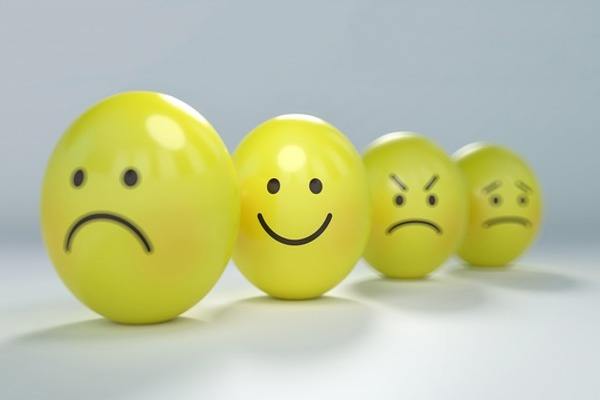
Depression is not just the presence of sadness, it can also be the absence of joy. When things you used to love fail to engage or interest you anymore, it is a sign of depression.
Maybe it’s a favorite exercise class or the latest movie, but if you find yourself feeling like events that should be fun are more of a burden, or that spending time with friends is exhausting, consider seeking some help.
10. Relentless criticism of self and others
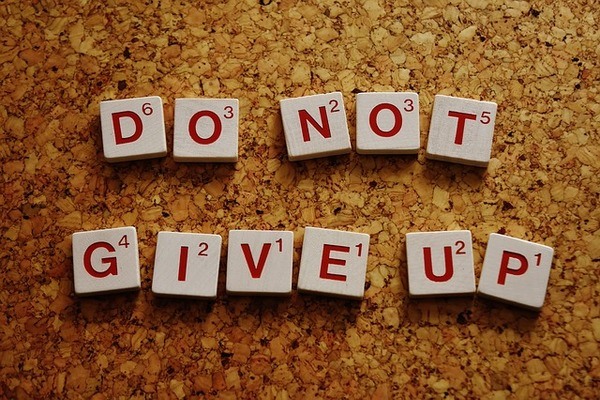
Negative thought patterns that are directed at yourself or others can undermine your wellbeing. If you entertain the idea that you are a worthless failure it can get bigger and bigger until you struggle to think positively of yourself at all.
Important relationships can also be damaged by blowing out of proportion every annoyance or perceived slight from your partner, your family, or your boss. Healthy minds don’t ignore mistakes or missteps, but they are able to process and move past them.
9. Constant self-doubt
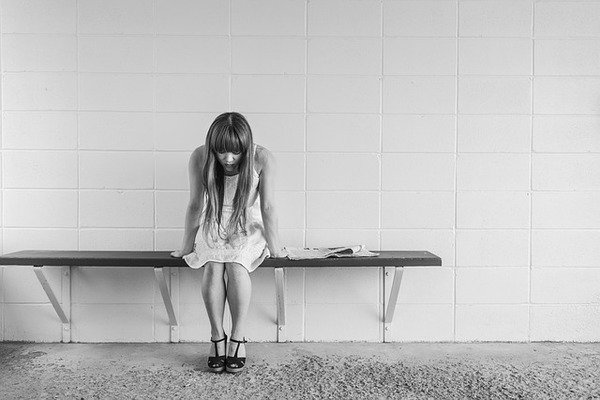
Everyone has those moments where they are just not sure if they’re in the right job or relationship, but when these feelings become pervasive, it stalls growth and may make you wonder if you can even handle adulthood.
No one knows what will happen in the future, but we need to be able to make decisions in the present in order to develop in a positive way. If you constantly doubt where you are right now, it gets very hard to define what you want in the future and take the steps to achieve it.
8. Diminished energy

You may have high-functioning depression if you struggle to get out of bed and barely muster enough mental, emotional, and physical energy to handle the day’s challenges.
It can feel like constantly walking against the wind, and leaves you drained and weak by the time you finally fall back into bed. You may also notice that you’re sleeping a lot more, either to compensate for a daily lack of energy, or because you want to avoid thinking about how difficult everything feels.
7. Irritability or excessive anger

Into every life a little rain must fall, but when even a light drizzle feels like a hurricane to you, it may be related to depression.
Do even relatively minor irritations, like getting cut off in traffic or accidentally breaking a glass, feel like the end of the world? If you’re lashing out at loved ones or holding a grudge way too long, speaking with a professional can help get to the bottom of why.
6. Misreading social cues

Sometimes we may not notice when things have gotten excessively dark inside our own heads. Our world view can become skewed by depression, which makes it difficult to accurately assess what our friends, family, or coworkers intend by their words and actions.
If you are feeling slighted by your loved ones more often, don’t get jokes that are enjoyed by everyone else, or feel lonely even in a crowd, you may be looking at the world through the eyes of depression.
5. Nagging feelings of guilt and worry over things you can’t change

We’ve all made mistakes, and the best thing we can do is to make amends and learn a lesson going forward. It will still never be pleasant to think back over, but if you are obsessing over every dumb thing you ever did, and feeling as guilty about it now as you did then, that’s not healthy.
Similarly, if you can’t stop worrying about what will happen in the future and are going to great lengths to maintain the illusion of control, you may have high-functioning depression.
4. Overuse of coping mechanisms

Coping strategies can be very useful, especially if you are able to establish ones that are healthy, such as exercise, gardening, or reading. But if you notice a persistent increase in your need to rely on something external to distract you from life, that could be a warning sign of depression.
It is especially troubling when the coping mechanism is something like drugs, alcohol, risky sex, or excessive gaming – these behaviors, taken to extremes, have painful consequences for both you and your closest relationships.
3. Inexplicable sadness
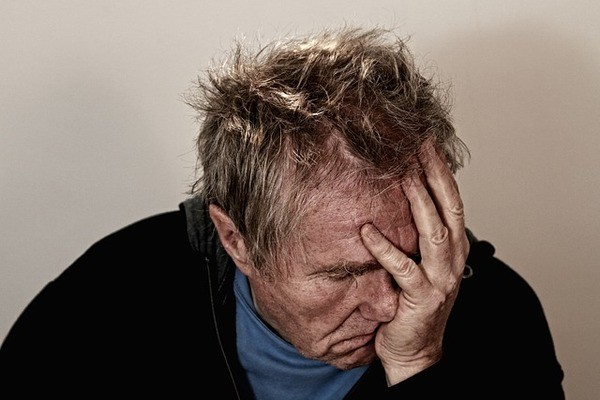
Long term sadness, even at a low level, that is not tied to any particular event or situation is a sign you should not ignore. It is pretty normal to have this experience every so often, but it should be a fleeting somber mood, not a way of life.
If you are expending a lot of energy keeping up a positive mask at work or with your family, only to be overwhelmed with a sense of hopelessness as soon as you’re alone, consider that depression may be the cause.
2. Insisting upon perfection
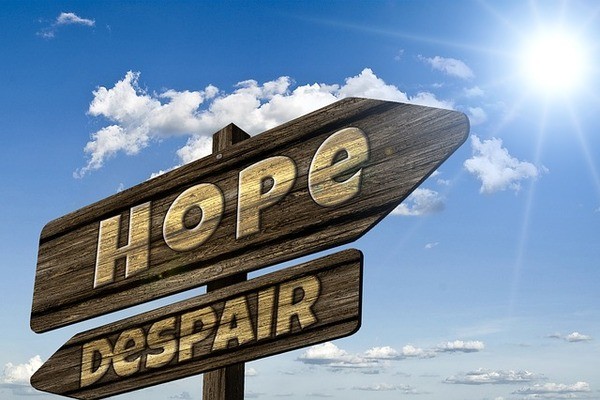
It’s easy to feel as though the world expects perfection from us. There is a lot of pressure to do well in school, get a high-paying job, marry the partner of our dreams, and have beautiful, healthy children who never misbehave.
But that’s not the reality of life. The conflict between what we feel like we should achieve and what’s really happening can be legitimately painful. But you need to be able to cut yourself and others a break, and understand that no one really has it all, no matter what their Facebook page looks like.
If you consistently take life’s inevitable failures as a sign of your deep unworthiness, it might help to get an assessment for depression.
1. Inability to take a break

We tend to think of depression as a “slow” problem that causes sufferers to lie around all day and night. But in some cases, depressed people are actually frenetic, feeling possessed by the need to keep going until they just can’t any longer and fall exhausted into bed.
If you are uncomfortable with quiet moments and always need to complete one more chore, consider whether you may be trying to avoid the troubling thoughts that come to you unbidden during those times.
A breakneck pace is actually another form of avoidance that can be unhealthy in the long run, because those thoughts will catch up with you eventually. It’s better to get some help in dealing with the uncomfortable feelings rather than do any activity to excess.

It is important to get past the stigma of depression and let your loved ones in on your struggle. They may not even know that you need a little extra support and care while you tackle the issue.
Remember that chronic depression is a chemical imbalance, not related to anything you did wrong or your worthiness as a human being. Asking for help is a sign of strength, and with the right treatment, you can get back to living a life you love. Best of luck to you.
Sources:
scarymommy.com
psychologytoday.com
health.com
everydayhealth.com
psychcentral.com


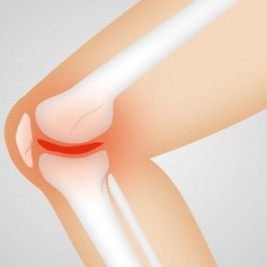
Comments